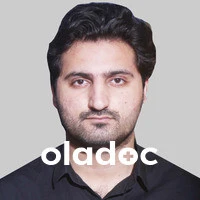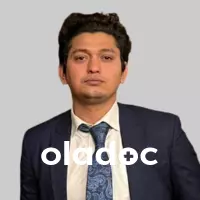-
Doctors
Book in-person or video consultation with top doctors
- Dermatologist
- Gynecologist
- Urologist
- Gastroenterologist
- Neurologist
- ENT Specialist
- Psychiatrist
- Pediatrician
- Dentist
- Sexologist View all specialties
- Whitening Injections
- Laser Hair Removal
- Hydrafacial
- MRI
- CT Scan
- All Treatments
- Piles
- Male Sexual Dysfunction
- Hernia
- Erectile Dysfunction
- Stomach Pain
- All Conditions
Find doctor by speciality
Find doctor by Treatment
Find doctor by Condition
-
Hospitals
Find and book hospital appointments
- Lahore Hospitals
- Karachi Hospitals
- Islamabad Hospitals
-
Labs and Diagnostics
Lab Tests with Free Home Sample collection
- Lahore Labs
- Islamabad Labs
- Karachi Labs
- Lab Tests
-
Surgeries
Book surgery with top doctors
-
Health Blog
Learn more about Health from over 50+ topics
-
Are you a doctor?
Grow your practice 2x by signing up with oladoc










